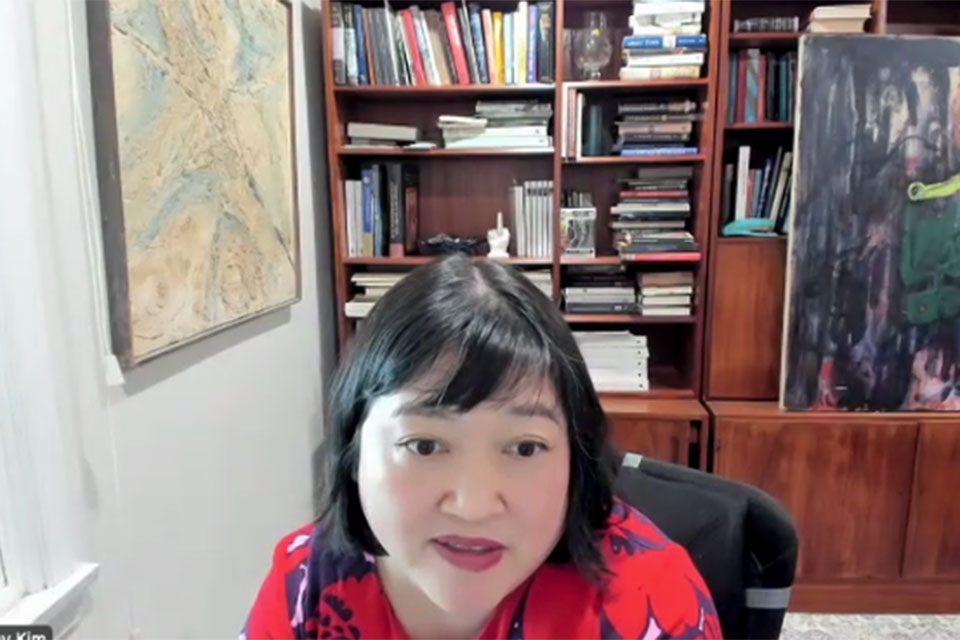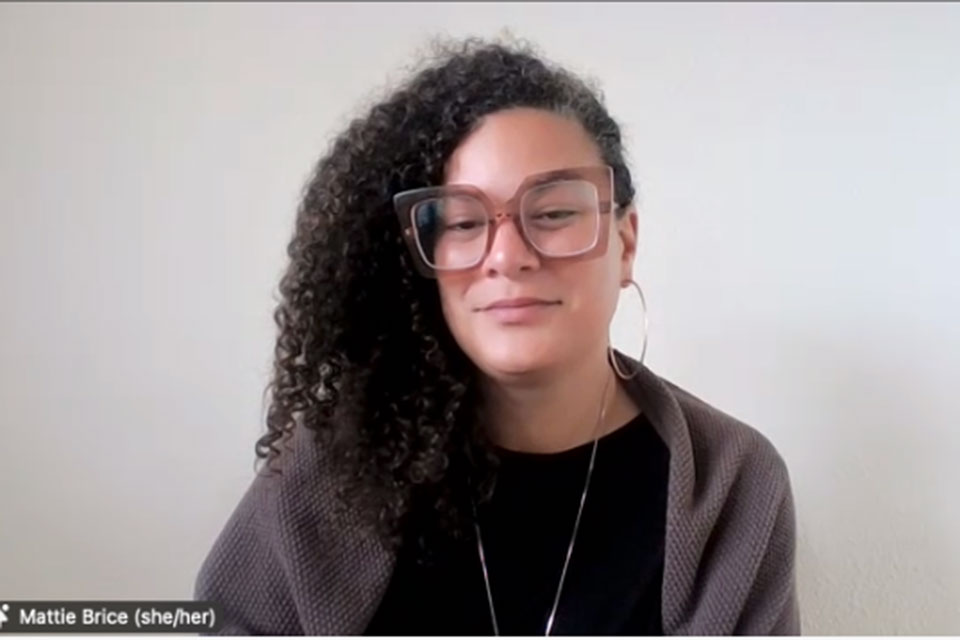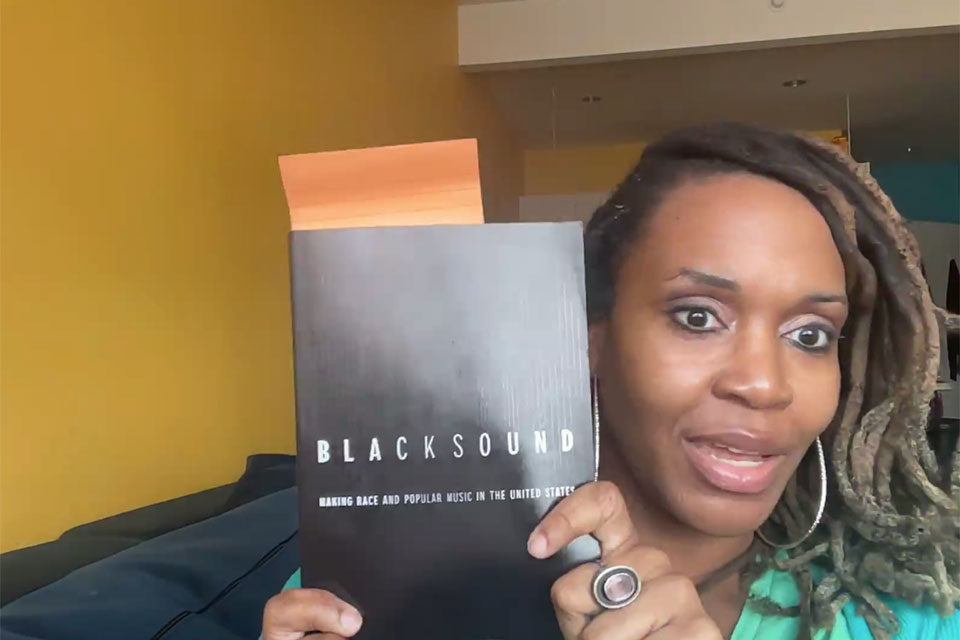Digital Harassment and Online Gender Violence
On April 15, 2024, the Mellon Sawyer seminar hosted the session “Digital Harassment and Online Gender Violence,” organized and facilitated by Brandeis professor Dorothy Kim. Featuring Sydette Harry (researcher, writer and strategist) and mattie brice (artist, designer, and educator, UC Santa Cruz), the session centered Black women’s tools for documenting and resisting the far-right occupation of digital and gaming spaces.
Online violence against Black women proliferates today in the context of book bans, moral panics about Critical Race Theory, cynical guttings and weaponizations of DEI, and the Supreme Court’s striking down of race-conscious college admissions. For example, GamerGate, the targeted harassment of women of color and LGBTQIA+ people in the videogame industry, has seen a resurgence since 2023 (brice).
Yet, as panelists demonstrated, these instances of online violence are nothing new. From the 1994 establishment of the hate site Stormfront, to the 2009 Operation Lollipop in which men’s rights activists impersonated Black women as part of an anti-feminist hoax, to the original GamerGate harassment campaign in 2013-2014, online gender violence is inextricable from upticks of white nationalism. Black feminists have long been sounding this alarm - as Rachelle Hampton put it, women such as Shafiqah Hudson and Mikki Kendall “Saw the Alt-Right Threat Coming” - and yet they have been further scapegoated and surveilled for doing so, often by leftist white feminists. Harry gave the example of Michelle Goldberg’s 2014 Nation article, “Feminism's Toxic Twitter Wars,” which pathologized Kendall as a “bully” for defending herself. Underscoring the glaring disparities in who gets to be defended, Harry asked: “why are the people [Black women] calling out the problem more at risk than the people [white nationalists] you claim to be scared of?”
Panelists also discussed key media inflection points such as the 2008 Racefail conversations about race and science fiction; the rise of the “stream” as a decentralized alternative to traditional mass media; and the DIY Revolution that has seen an increase in people of color and other marginalized folks shaping videogame design at multiple levels.
Harry, brice, and Kim ultimately offered digital historiographies locating ongoing online violence within longstanding patterns. Emphasizing the importance of centering the professional and personal knowledge of those who experience systemic digital harassment, they issued a call for accountability to harassers and non-harassers alike.
Posted by Carmel Ohman, July 3, 2024
This event was part of the year-long Mellon Sawyer Seminar, “Imperiled Bodies: Slavery, Colonialism, Citizenship and the Logics of Gender-Based Violence” led by PI Anita Hill, co-PI Harleen Singh, and ChaeRan Freeze at Brandeis University. Brandeis University sponsors and resources include the Heller School for Social Policy and Management, the Department of Women’s, Gender, and Sexuality Studies, the Women’s Studies Research Center, the Mandel Center for the Humanities, the Hadassah Brandeis Institute, the Feminist Sexual Ethics Project, the Rose Art Museum, the Kniznick Art Gallery, the Gender and Sexuality Center, and the Prevention, Advocacy, and Resource Center. This seminar is among the signature events of the Heller 65th Anniversary year, Celebrating Knowledge Advancing Social Justice #Hellerat65.



